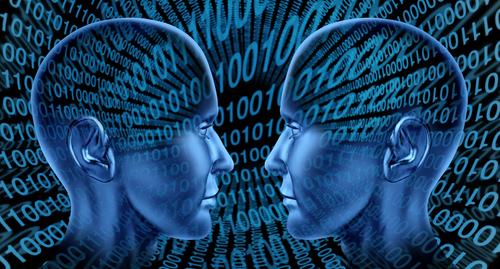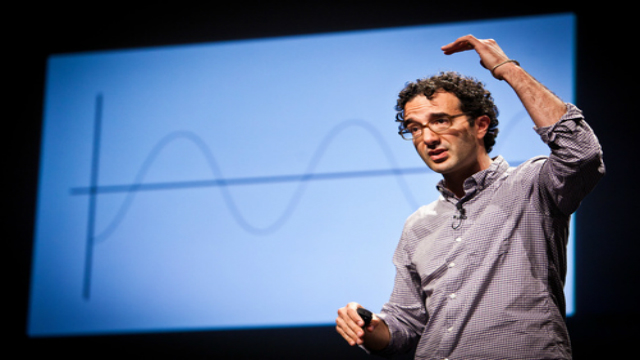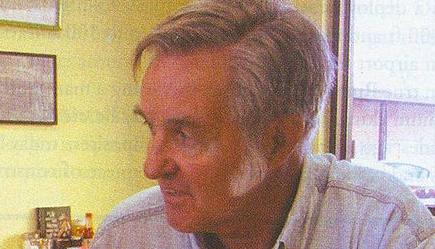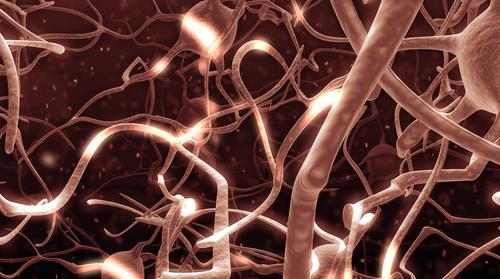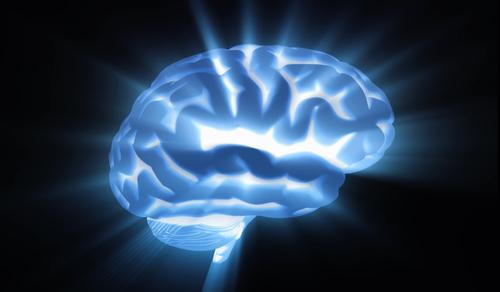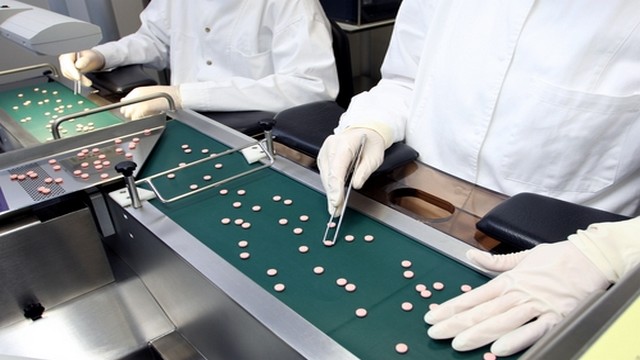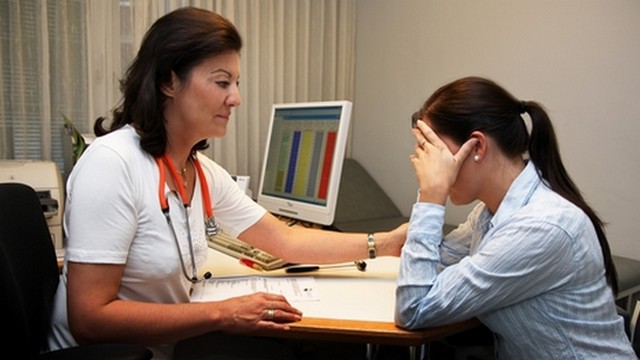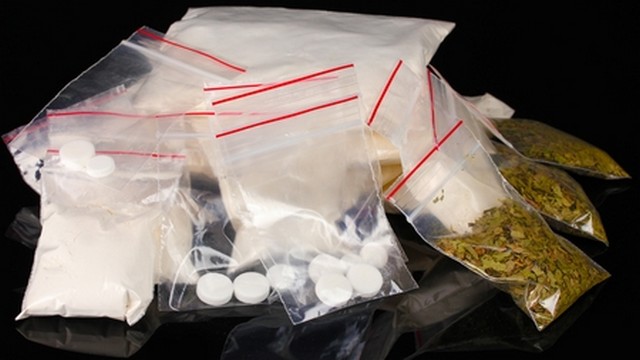Surprising Science
All Stories
Putting your adult needs first will help preserve your physical and mental longevity for those you care about most. Parents should be more attentive to how they feel and where they feel it.
What is the Big Idea? Human beings have biological clocks that are set to the path of the sun. But our modern lives disrupt this synchronization of internal and social […]
For the first time since Google appeared on the scene in 1998, search engines are undergoing a fundamental change by learning to operate more like the human brain.
A California company has developed new ‘microfluidics’ technology in which fluid sacs rise up like buttons from a flat touchscreen, then seemingly disappear on a user’s command.
Jad Abumrad loves collecting sounds and playing with high-tech gadgetry, but he deploys his geekery in service of a higher calling – creating in Radiolab a hybrid medium that is a natural evolution of the ancient art of storytelling.
By combining magnetic levitation train technology with vacuum-sealed tunnels, trains could reach speeds of 2,500 miles per hour, reducing trans-Atlantic journeys to just one hour.
A novel mixture of hardware and software allows individuals to carry all their portable financial information in a specially designed phone case protected by fingerprinting technology.
Previously limited to explaining the behavior of subatomic particles, quantum mechanics may govern biological life and be selected for by evolution, says cosmologist Paul Davies.
Perhaps the world’s most fiercely original aerospace engineer, Rutan has pioneered beautifully designed aircraft that (successfully) go against the grain of conventional wisdom.
By measuring the planet’s atmosphere as light from the sun refracted against it, scientists will be better equipped to find and analyze the composition of planets outside our solar system.
As machines like drones and automobiles become more independent of their human operators, they will increasingly face moral dilemmas. Will they know right from wrong?
When it comes to cancer, there may be more to fear than fear itself, but our negative emotions do have an adverse impact on our health, says risk analyst David Ropeik.
Neuroscientists at the Cold Spring Harbor Laboratory have published the first set of data which they collected by examining thin slices of a mouse’s brain to create a 3D diagram.
A new medical device built by a Jerusalem-based company will go before the FDA soon for approval. Treatment involves wearing a helmet with strong magnets wired to electricity.
A gene that causes certain drugs to have adverse effects in patients has been identified by researchers. The discovery allows doctors to seek a new way to screen prior to administering medication.
A recent study suggests the number of people diagnosed with cancer will increase dramatically over the years. Those affected by the incurable disease could be determined by the economic status of where they live.
British researchers say that government banning on mind-altering drugs interferes with their experimental studies, which could lead to the discovery of new treatment options.
Studies reveal that eating dark chocolate on a daily basis could lower risks of cardiovascular issues. Yes that’s right, a guilty pleasure to feel healthy about.
A recent study indicates the evolution from promiscuity to monogamy among humans began in ancient times by the choices of low-ranked men and faithful women. Today humans continue to repeat this cycle, but the variables are slightly different.
Critics of New York City Mayor Michael Bloomberg’s plan to ban the sale of soft drinks over 16 ounces in convenience stores, movie theaters and street carts are having a […]
Two of the Japan’s major electronics firms, Hitachi and Fujitsu, are working on a new biometrics system which reads the pattern of veins in your hand as a unique identifier.
Scientists at a Spanish university have created a material which could be painted on to concrete surfaces to reduce substantial amounts of air pollutants emitted into the atmosphere.
By controlling the delivery of the signaling substance acetylcholine to individual cells, a new chemical chip can regulate muscle function which may have stopped working for some reason.
Improved voice recognition software promises to revolutionize the way we interact with our mobile devices. Expect the technology to spread to your television, your car, your…
Most of our early advances in communication technology focused on sharing news over a distance – a good place to start, as it was helpful in avoiding death. We’ve come a long way since then . . .
Space satellite engineers are taking advantage of the power, size and cost of modern consumer electronics to build a new generation of space exploration technology.
The Pentagon’s experimental research and development department, known as DARPA, has put a 100-year time frame on its goal of sending a manned mission to another star.
This is probably your last chance to see Venus cross directly in front of the sun as the event will not reoccur until 2117. Scientists want to gather data to find exoplanets similar to Earth.
Cosmologist Charley Lineweaver argues that the potential diversity of life in outer space requires a change in the definition of life, from biological boundaries to physical ones.
The word’s biggest science experiment has found a home. Well, two homes. Radio telescopes in South Africa and Australia will search for data from the early days of the Universe.


